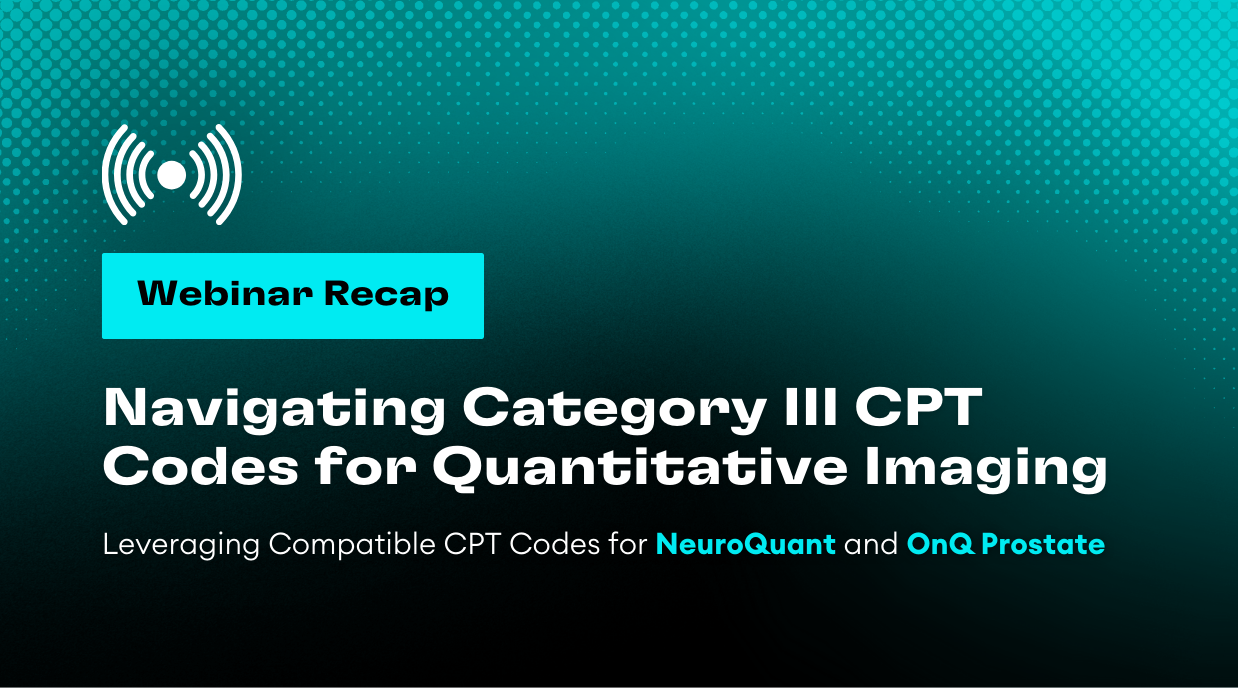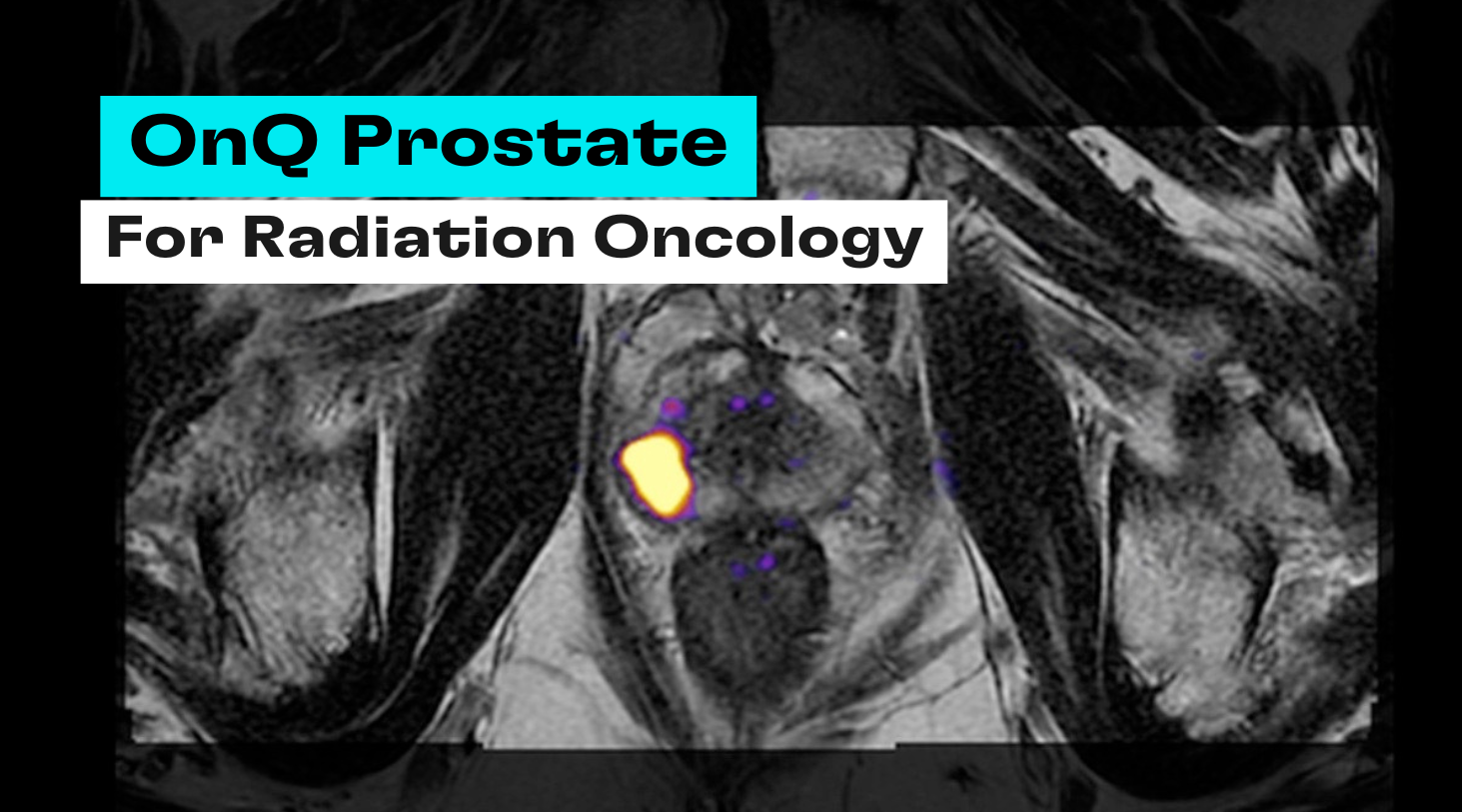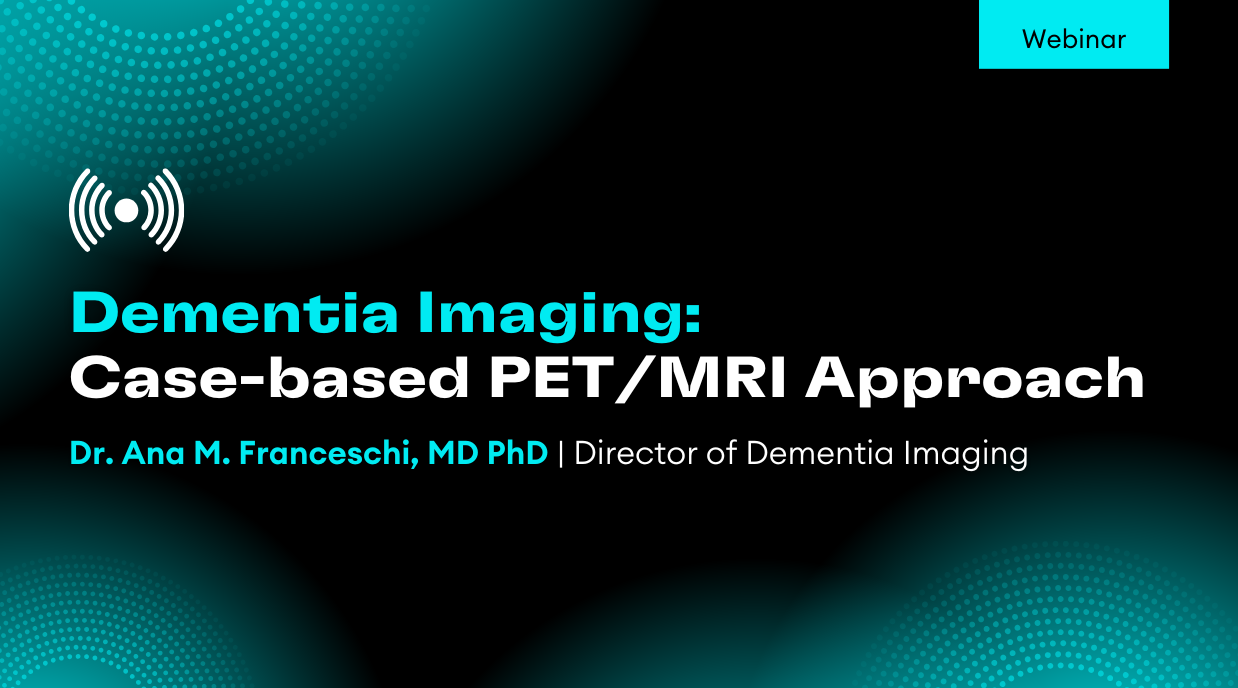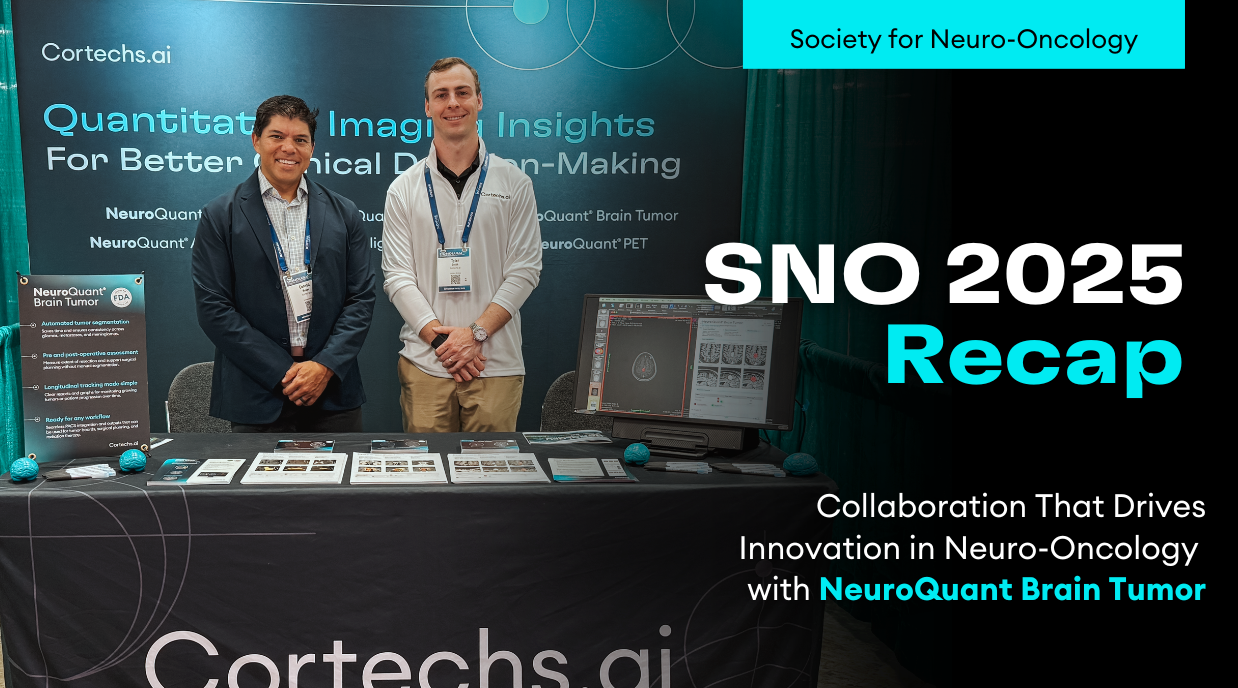The National Institute of Health grants Cortechs.ai $1.15 million to create an automated PET image analysis tool to be used in the clinical setting
SAN DIEGO (Dec. 12, 2018)—Cortechs.ai’ has received a $1.15 million, multi-year grant from the National Institutes of Health (NIH) to reshape the way Alzheimer’s Disease (AD) is diagnosed. Cortechs.ai will deliver an automated PET image analysis tool for clinical use to determine a patient’s risk of developing AD and monitor disease progression and response to treatment.
“Cortechs.ai has led the development of quantitative MR image processing tools for clinical use,” says Aziz Ulug, the project lead. “With this grant, we will leverage this experience to bring all the benefits of quantitative imaging products to PET imaging.”
The software in development, PETQuant, is intended to quickly evaluate PET images and report PET standard uptake utilization rates for MR segmented anatomical regions. While multiple research studies have highlighted the utility of using PET imaging in the diagnosis of AD and stratification of patients for the possible conversion from mild cognitive impairment (MCI), the methods utilized to date are not reliable or accurate enough for a clinical diagnosis.
“Alzheimer’s disease currently afflicts 5 million people in the US alone, and the prevalence of this disease is increasing,” says Ulug. “With the advent of recent Alzheimer’s-relevant PET ligands, the timing is appropriate for a quantitative PET imaging tool to enable physicians to better diagnose Alzheimer’s disease and predict the clinical progression of the disease.”
The project titled, Diagnosis of Alzheimer’s disease and prediction of clinical progression using an automated PET image analysis tool, is one of many projects for which Cortechs.ai received research grants.
“We are honored to have been awarded this grant from the NIH to extend our clinical expertise in quantitative imaging to include PET imaging in native patient brain space,” said Chris Airriess, COO of Cortechs.ai. “Leveraging more than a decade of experience in providing automated clinical solutions for volumetric MRI we are in the best position to develop similarly valuable tools for the application of PET imaging.
About Cortechs.ai
Cortechs.ai develops and markets breakthrough medical device software solutions capable of automatically segmenting and quantifying brain structures, making quantitative analysis of the human brain a routine part of clinical practice. Cortechs.ai’ cutting-edge brain imaging analysis provides neurologists, radiologists, and clinical researchers worldwide with a convenient and cost-effective means to quantify subcortical structures to help assess a variety of neurological conditions, such as Alzheimer’s disease, epilepsy, multiple sclerosis, brain trauma, and brain development abnormalities. Please visit cortechs.ai for further information.
###






